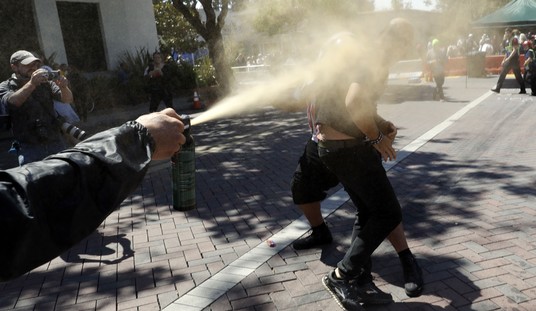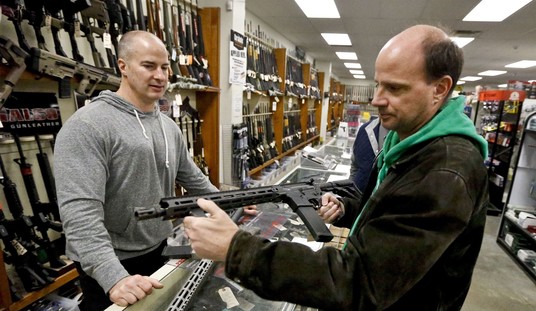One day after anti-gun Illinois Gov. Pat Quinn suffered a major political defeat as lawmakers in Springfield voted to override his “amendatory veto” of court-mandated concealed carry legislation; the Illinois State Rifle Association (ISRA) petitioned the court for a permanent injunction against enforcement of still-effective state gun laws that could put armed citizens at risk.
Essentially, the argument is that possession of a state Firearms Owner Identification (FOID) card should be all that is required for a law-abiding gun owner to carry a loaded defensive firearm peaceably under the state’s new legislation.
The veto override opened the way for Prairie State citizens to apply for concealed carry licenses, the result of a federal lawsuit filed by the Second Amendment Foundation (SAF) called Moore v. Madigan. A separate action, Shepard v. Madigan, was filed by the National Rifle Association and ISRA.
Quinn had waited until almost the last minute to announce his amendatory veto package, which contained several provisions that had been debated and rejected during the legislative process.
Lawmakers, including many Democrats from Southern Illinois, were having none of it.
The House, without debate, voted 77-31 to reject Quinn’s significant changes to the law, announced in his veto message. Subsequently, following debate later in the day, the Senate voted 41-17 to also override the veto.
For Quinn, the override could deal a major blow to his political future.
He faces strong opposition in the primary race for governor from Bill Daley, brother of former Chicago Mayor Richard Daley, and according to the Chicago Tribune, his veto left downstate Democrats with the impression that their votes might not be as important as those in the Chicago area.
Immediately following the vote, SAF Executive Vice President Alan Gottlieb issued a statement “welcoming Illinois to the United States of America.” Until the override, Illinois remained the only state without some form of concealed carry.
“This is a significant victory for all Illinois citizens,” Gottlieb observed.
“When the exercise of a civil right is denied to a segment of the population, everyone suffers because a right that appears only on paper is not a right at all.” He chastised Quinn for his “ill-advised” veto move as an attempt to “rewrite the state’s concealed carry law to suit his personal anti-gun civil rights agenda.” “While the new statute is not perfect,” Gottlieb acknowledged, “it is a huge step forward to comply with the 7th Circuit Court’s ruling in Moore v. Madigan.”
Chicago police officials were also trying to argue that the actual practice of concealed carry might have to wait for several months because “the process for reviewing applications is burdensome and costly,” according to the Chicago Sun- Times. This was taken as a signal by gun rights activists that the police department was trying to put speed bumps in the road for concealed carry and delay things as long as possible.
But Gottlieb noted that, “If Gov. Quinn and other gun prohibitionists need to be dragged kicking and screaming into the 21st century, where all civil rights— including the right to bear arms—are recognized, that’s their fault.”
He accused Illinois anti-gunners of trying to transpose the Second Amendment from a fundamental civil right to a heavily regulated privilege. “That’s not what the court ruling allowed,” he said.
The Seventh Circuit Court of Appeals had given the state six months to come up with a viable plan to allow concealed carry. Through a lengthy process, legislators came up with a compromise solution that did not satisfy everyone, but appeared to be a good first step.








Join the conversation as a VIP Member